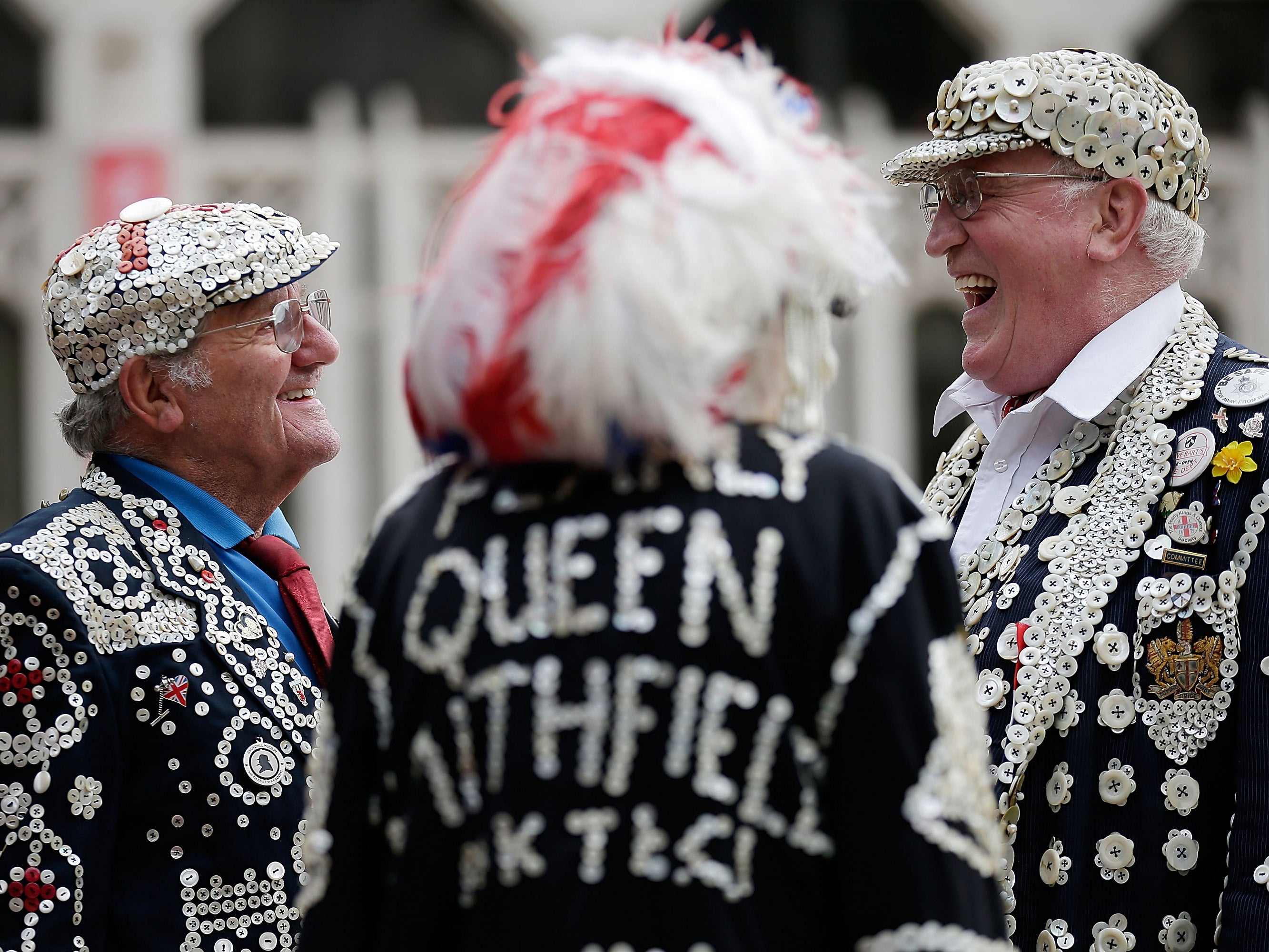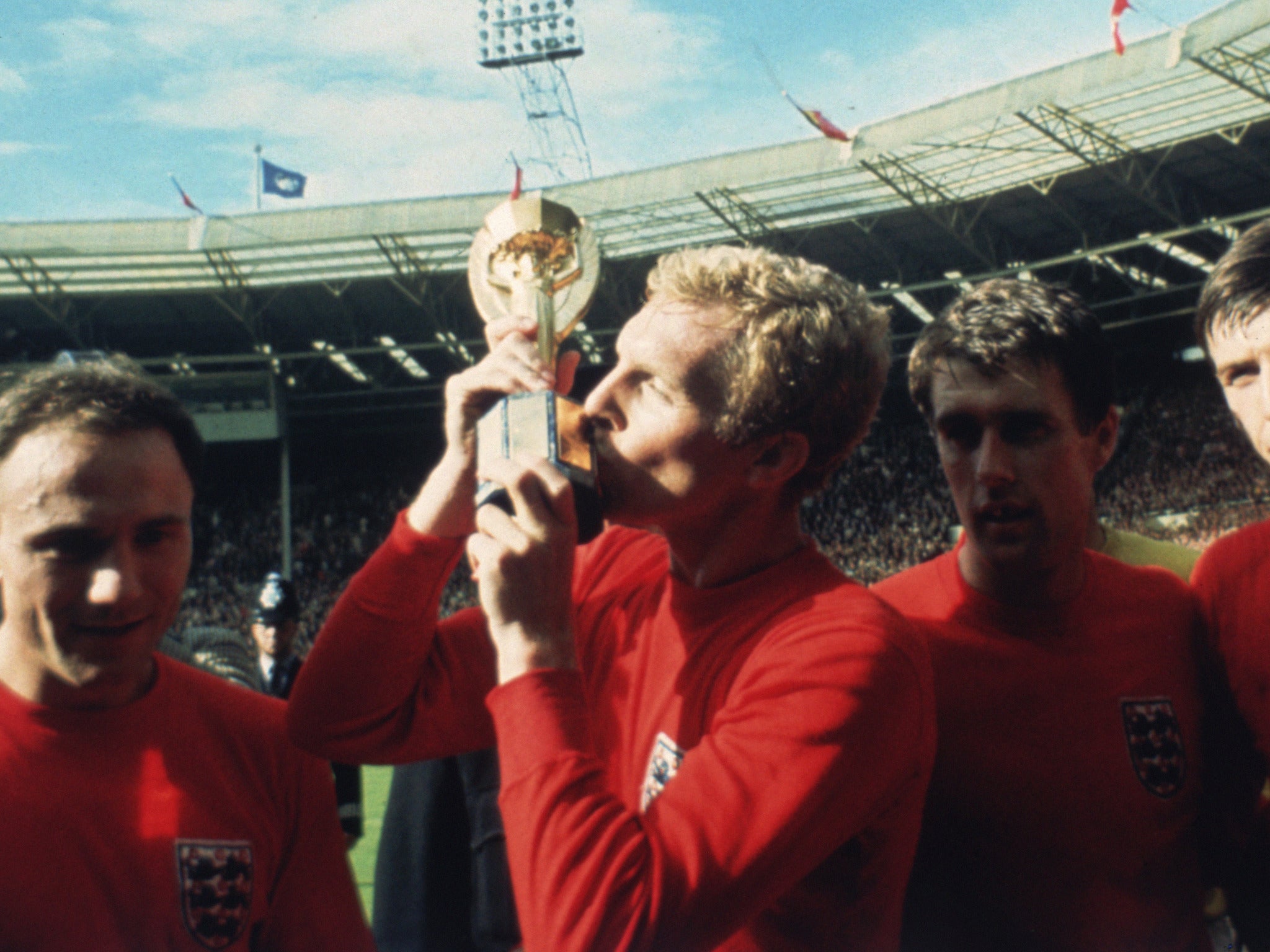Cockney rhyming slang: Youngsters struggle to make sense of East London dialect
Survey shows majority of young people are unable to identify famous sayings, meaning cockney rhyming slang may soon be 'brown bread'

Your support helps us to tell the story
From reproductive rights to climate change to Big Tech, The Independent is on the ground when the story is developing. Whether it's investigating the financials of Elon Musk's pro-Trump PAC or producing our latest documentary, 'The A Word', which shines a light on the American women fighting for reproductive rights, we know how important it is to parse out the facts from the messaging.
At such a critical moment in US history, we need reporters on the ground. Your donation allows us to keep sending journalists to speak to both sides of the story.
The Independent is trusted by Americans across the entire political spectrum. And unlike many other quality news outlets, we choose not to lock Americans out of our reporting and analysis with paywalls. We believe quality journalism should be available to everyone, paid for by those who can afford it.
Your support makes all the difference.Cockney rhyming slang, the traditional dialect of London's East End, may soon be "brown bread" as a younger generation struggle to decipher the famous sayings.
"Brown bread" means dead, for the avoidance of doubt.
A poll of Britons aged between 18 to 24 found that most were unable to identify the meaning of phrases such as "Donald Duck" (meaning luck), "Ruby Murray" (curry) or "bottle and stopper" (copper).
In fact a fifth of those taking the survey, conducted for cockney-influence tea brand Rosy Lee, thought "bottle and stopper" might be a reference to Burger King's Whopper.
Further difficulty was encountered with "Bobby More" (sure), "merry-go-round" (pound) and "Adam and Eve" (believe).
Older partcipants fared much better.

But in defence of those young people who were unable to identify the phrases, Cockney rhyming slang is purposefully elusive.
It originated in the 1840s and was likely intended to confuse listeners.
In many cases once the rhyme is established the second half of the phrase is dropped anyway, so for example "mince pies", meaning eyes, becomes "mincers", and "butcher's hook", meaning look, becomes "butcher's".
Cockney rhyming slang has also been affected by changing demographics, with language experts saying speech in the East End is increasingly reflecting West Indian and South Asian influences.
There have been efforts to preserve Cockney rhyming slang but perhaps its survival will come down to a matter of... "Donald Duck".
Join our commenting forum
Join thought-provoking conversations, follow other Independent readers and see their replies
Comments